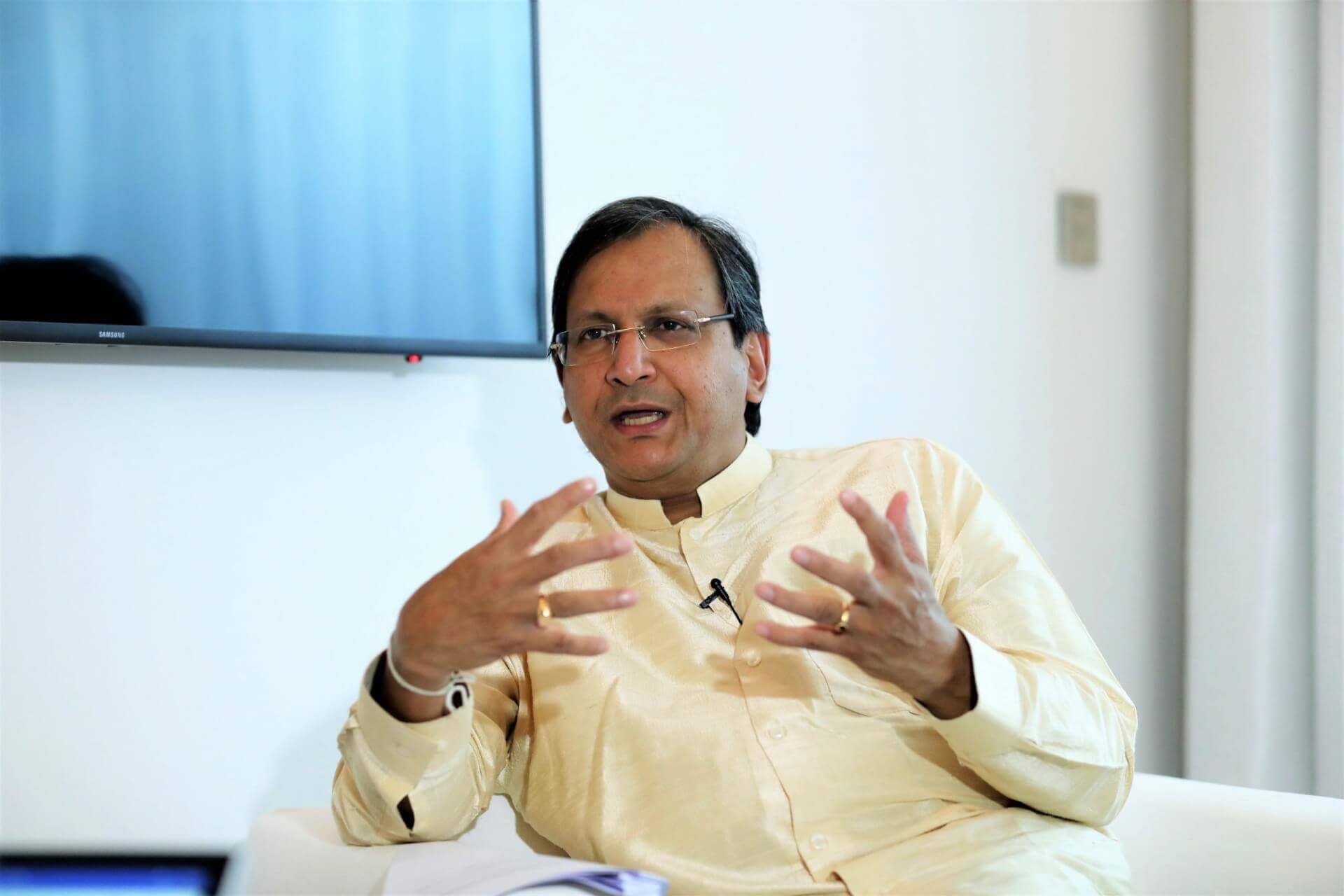The Sri Lankan government called upon the United States (US) House Foreign Affairs Committee to urge them to refrain from proceeding with a resolution on the need for “international cooperation to ensure justice and accountability” for the violence perpetrated against the Tamil community in Sri Lanka.
The resolution was introduced by American Congresswoman Deborah Ross on May 18. It said that while it had been 12 years since the end of the 26-year long conflict in Sri Lanka, the country’s government had “abandoned many of its efforts towards reform and reconciliation” since the inauguration of the Rajapaksa government. Consequently, she called for an “effective international mechanism” to hold those responsible for human rights violations committed during the civil war accountable for their actions. In March, Ross had also written a letter to Secretary of State Antony Blinken raising concern about the situation in Sri Lanka and the victimisation of the Tamil community.
In response, the Sri Lankan ambassador to the US, Ravinatha Aryasinha, met with the Foreign Affairs Committee Chair, Gregory Meeks, communicating that the government “vehemently opposes the contents of the resolution which contains allegations relating to Sri Lanka that are inaccurate, biased and unsubstantiated, raising grave suspicion regarding the intention of the resolution.” He further highlighted the inaccuracy of the resolution in calling the Liberation Tigers of Tamil Eelam (LTTE) an “armed independence organisation.” He said that this was particularly concerning as the American Federal Bureau of Investigation had termed the organisation as “among the most dangerous and deadly extremists in the world” since 2008.
Furthermore, a release by the Sri Lankan Ministry of Foreign Affairs said that not only does the resolution further separatism, it also ignored the US’ “own security concerns about the LTTE.” In addition, the statement reiterated the Sri Lankan side’s efforts to reconcile the society after years of conflict by conflicting elections and securing the rights and liberties of its people. Consequently, it termed the call for an “international mechanism” as “sinister.”
This comes as the Sri Lankan government faces the scrutiny of the United Nations Human Rights Council. Based on a report by the Office of the High Commissioner for Human Rights (OHCHR) that calls out Sri Lankan authorities for the atrocities committed during its civil war that ended in 2009, a vote was conducted in the UNHRC in March. The resolution, which was sponsored by countries including Britain, Canada, and Germany, was approved with 22 members voting in favour, 11 voting against, and 14 members abstaining.
The OHCHR report highlighted several “warning signs.” The list included increasing the influence of the military in the civilian government, revocation of crucial constitutional safeguards, and intimidation of the civil society. To support these claims, it cited the example of 28 military personnel that had been appointed to “key administrative posts,” which included two officials who had been previously accused of participating in the atrocities by a UN report. In addition, it referred to the government’s attacks on independent media houses, civil society groups, and human rights organisations to further its claims.
Prior to this, too, the Sri Lankan government had dismissed the criticisms made in the resolution, calling the document an “unprecedented propaganda campaign.”Sri Lankan Foreign Minister Dinesh Gunawardena said, “It is regrettable that … elements working against Sri Lanka intend to table another country-specific resolution.” Further, he urged the members to recognise it as a “political move that contravened the very values and principles on which this council has been established.”
The brutal civil war which was fought for 25 years from 1983 to 2009, resulted in the deaths of more than 100,000 civilians from both sides with around 40,000 to 50,000 Sri Lankan Tamils killed in the conflict, according to various estimates. Human rights organizations have accused the Sri Lankan military of committing crimes against humanity, which include indiscriminate shelling, forced disappearances, denial of aid, and sexual violence. However, the Sri Lankan government’s consistent dismissal of these claims has resulted in a vociferous call for international intervention into the human rights situation in the country.
Sri Lanka Opposes US Resolution Proposing International Action to Support Tamil Community
The Sri Lankan ambassador to the US communicated the government’s opposition to a resolution criticising its handling of the incidents of violence against the Tamil community during its civil war.
June 7, 2021

SOURCE: SRI LANKAN EMBASSY, UAE
